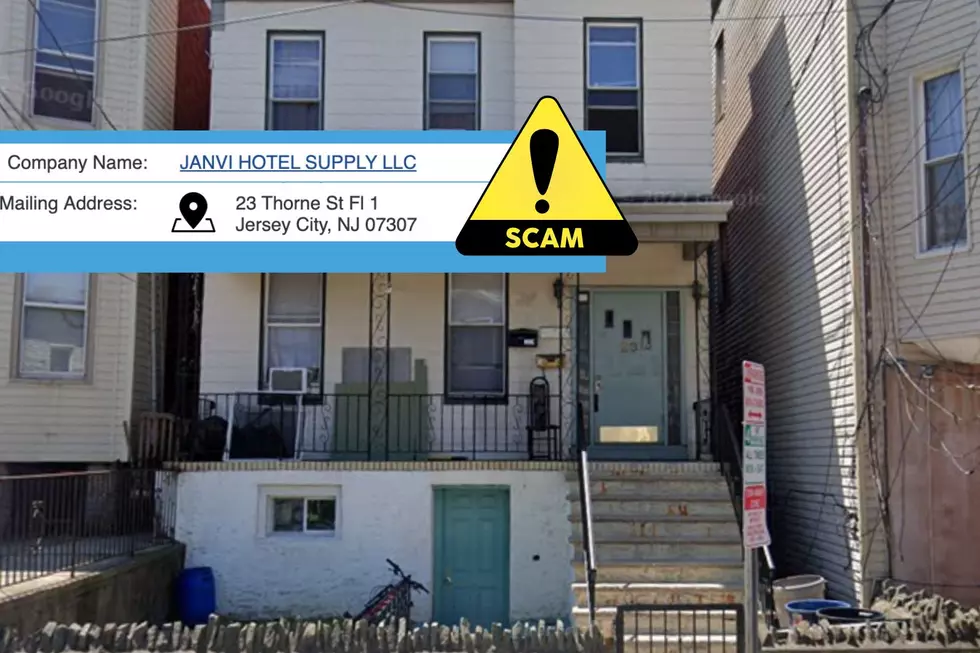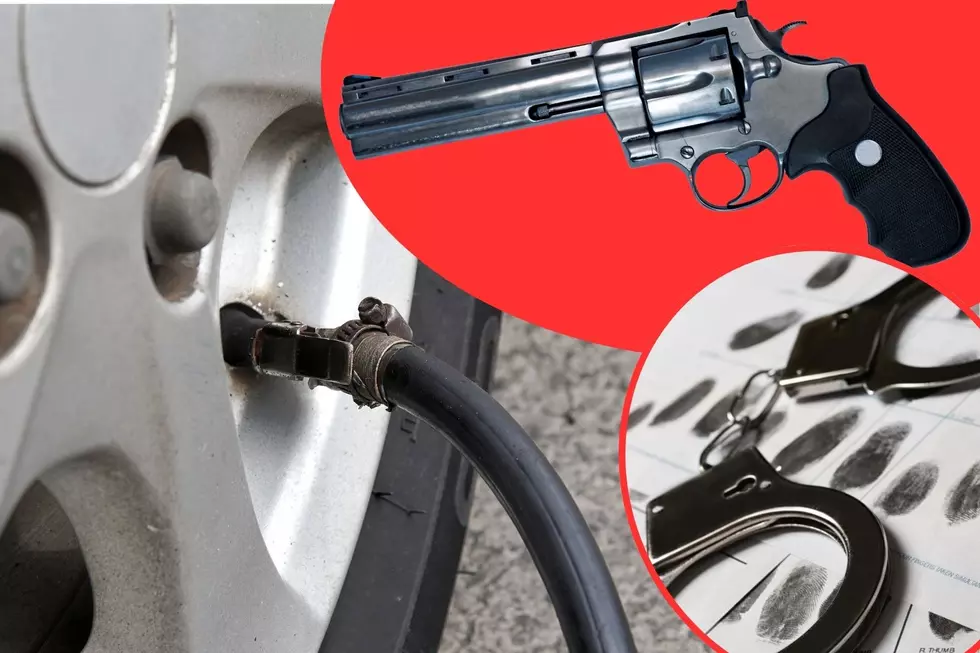
NJ court gives convicted killer with life sentence a new chance at parole
A New Jersey man who was convicted of killing two people when he was 16 and of attacking a prison guard while serving his life sentence will have a second chance at parole after an appeals court said the decision to not let him out of prison was flawed.
Yero Takuma, 49, also known as Andrew Griffith and June Bug, shot and killed a cab driver during a robbery before killing another man in a fight in February 1984. Takuma pleaded guilty to murder and aggravated manslaughter for the two deaths, respectively. As part of the plea deal for the murder charge, Takuma was sentenced to life in prison with a minimum of 30 years served before being eligible for parole. He was also sentenced to 10 years for the manslaughter charge to run concurrently.
Takuma's legal issues did not end once he was behind bars. In 2009 he pleaded guilty to aggravated assault on a law enforcement officer and resisting arrest by physical force while he was incarcerated at the South Woods State Prison. He was sentenced to three years for the assault charge to run consecutive to the life sentence, and three years on the resisting charge to run concurrently.
Eligible for parole on August 17, 2014, Takuma had his application heard in June of that year and it was ultimately denied. The two-member panel said Takuma showed "poor judgment and impulsive behavior" and said he was likely to commit more crimes after his release. In addition to the assault charge while in jail, the members also cited 66 "institutional infractions" during his incarceration.
As part of his punishment for the infractions while in jail, Takuma had lost some of his commutation time, but in an amended decision in October 2014 they noted he had some of that time restored. The appeals court said the members also changed their stance on Takuma's likelihood of future criminal activity from a "reasonable expectation" to a "substantial likelihood" without explaining their decision.
One month later, a three-member panel determined that the regular three-year period of time between parole hearings was not appropriate and instead determined a 120-month period would be better for Takuma. Saying that the defendant had not addressed "the root causes and basis of [his] actions," they believed Takuma remained "a substantial threat to public safety." The parole decision was ultimately upheld by the parole board in May 2015.
In his appeal Takuma said the panels "arbitrarily denied" his parole appeal and also did not properly consider his age at the time of the crime, among other factors. The appeal also said that the extended time between parole eligibility violated his constitutional rights.
In approving Takuma's appeal, the court said that before state law was amended in 1997, parole was based on the likelihood of engaging in criminal activity after release whereas now it is on the likelihood of them violating the terms of their parole. The court said the two-member panel had used both standards in their two decisions without explaining why they did so when the original offense was committed in 1984. The court also said the time until Takuma could apply for parole again should not have been changed until his application for parole had been denied.
A new hearing for Takuma's case was ordered to be held within 45 days "under the appropriate standard."
More From New Jersey 101.5
More From New Jersey 101.5 FM









